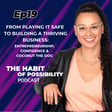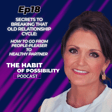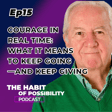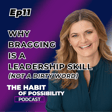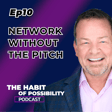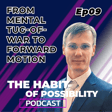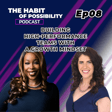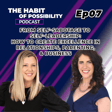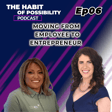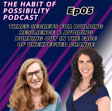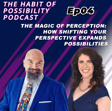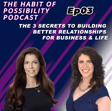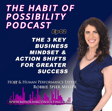
Escaping Self-Sabotage to Launch a Vibrant Life
Learn how to free yourself from sabotage to live a vibrant life. We will explore:
- Why smart people struggle with stress and fear.
- Ways to escape overwhelm, sabotage and other negative patterns.
- How to create freedom and choices to build a better future.
Our podcast guest, Karen Goslin, gives us a sneak peak of her just published book, “Yellow Paint: Learning to Live Again”, which is part self-help/part memoir.
Karen shares: "The book is about my journey of self-discovery from rejections, unfinished endings, poor health and divorce to living my life from my best version of me. I believe that we all receive invitations to change from painful experiences. Some of us experience them as they come and do nothing with them, only to be hit harder by something more painful. Others see them and acknowledge them, but don’t know what to do with them. Still others answer the invitation by making real change in their lives. I had seven invitations to change before I finally woke up and did the work necessary to create a life I would never have dreamed possible."
Karen is passionate about guiding people toward important transformations, helping them process pain, addiction, chronic illness, loss and trauma as powerful invitations to change, to ultimately discover a glorious life.
Her work creates brave honest spaces that enable the straight talk necessary for accountability and healing. Now, Goslin is sharing her insights with a broader audience. She speaks to us with compassion and insight, developed from her personal and professional experience.
Karen Goslin has a Master of Social Work from the University of Toronto and in 1998, she founded KG & Associates.
You can connect with Karen Goslin, order her book and watch her podcast here:
https://linktr.ee/karengoslin.speaks
Social Media Handle: karengoslin.speaks
Learn more about how Robbie Spier Miller can help you build your business and personal success here:
https://www.mindlinkconsulting.com
https://www.hypnosistrainingcanada.com
Social Media Handles:
@hypnosistrainingcanada
@robbiespiermiller
